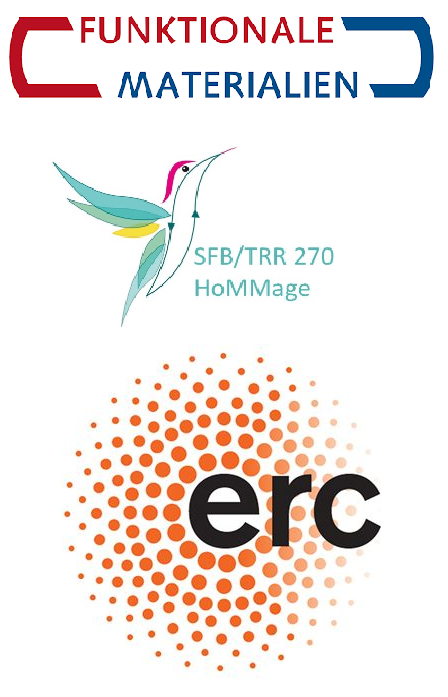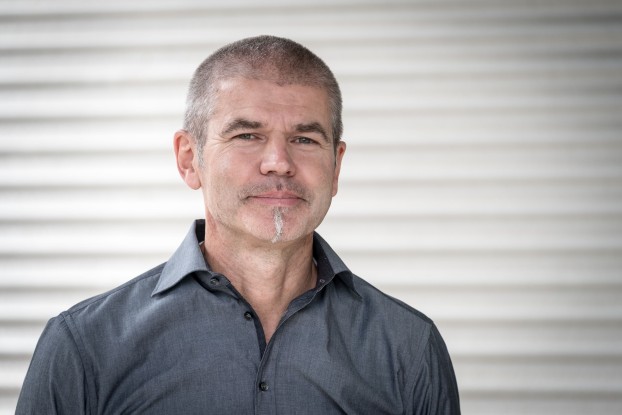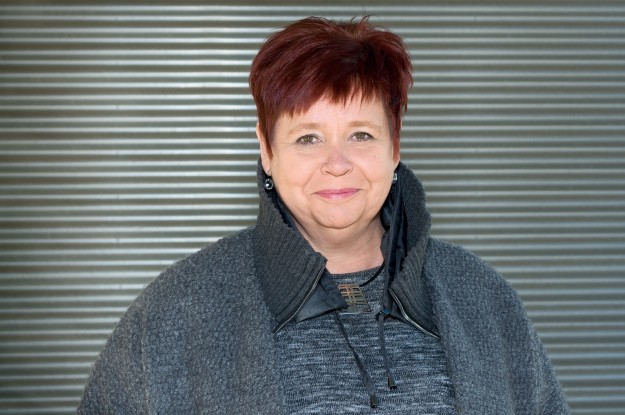Scientific Cooperations
National Scientific Cooperations
Dresden High Magnetic Field Laboratory, Helmholtz-Zentrum Dresden-Rossendorf, Dresden
Max-Planck-Institut für Eisenforschung, Düsseldorf, Germany
Universität Duisburg-Essen, Duisburg, Germany
Leibniz Institute for Solid State and Materials Research Dresden (IFW), Dresden, Germany
Karlsruhe Institute of Technology, Karlsruhe, Germany
Fraunhofer-Institut für Werkstoffmechanik IWM, Freiburg, Germany
Fraunhofer-Projektgruppe für Wertstoffkreisläufe und Ressourcenstrategie IWKS, Hanau, Germany
Hochschule Aalen, Aalen, Germany
Helmholtz-Institut für Ressourcentechnologie (HIF), Helmholtz-Zentrum Dresden-Rossendorf e.V. (HZDR), Freiberg, Germany
Technische Universität Clausthal (TUC), Clausthal, Germany
Institut für Metallurgische Prozesstechnik und Metallrecycling (IME), Rheinisch-Westfälische Technische Hochschule (RWTH) Aachen, Aachen, Germany
Technische Hochschule Georg Agricola (THGA), Bochum, Germany
DIN e. V., Berlin, Germany
International Scientific Cooperations
Aix-Marseille Université, IM2NP, UMR CNRS 7334, Marseille , France
Institut NEEL CNRS/UGA UPR2940, Grenoble, France
Laboratoire de Physique et Chimie des Nano-objets (LPCNO) UMR 5215 INSA-CNRS-UPS, Toulouse, France
Centre de Physique Théorique (CPHT), UMR 7644, Ecole Polytechnique-CNRS, Palaiseau, France
Laboratoire Léon Brillouin, CEA-Saclay, Gif-sur-Yvette, France
Groupe de Physique des Matériaux (GPM), UMR 6634 CNRS/Université de Rouen, Rouen France
Systèmes et applications des technologies de l’information et de l’ènergie – SATIE UMR CNRS 8029, Cachan, France
Institut Laue-Langevin (ILL), Grenoble, France
European Synchrotron Radiation Facility (ESRF), Grenoble, France
Synchrotron SOLEIL, Gif-sur-Yvette, France
KU Leuven, Leuven, Belgium
TU Delft, Delft, Netherlands
Technical University of Denmark – DTU, Copenhagen, Danemark
Jožef Stefan Institute, Ljubljana, Slovenia
University of Ljubljana, Ljubljana, Slovenia
Technische Universität Wien, Vienna, Austria
Danube University Krems, Wiener Neustadt, Austria
Universidad de Barcelona, Barcelona, Spain
Universidad de Sevilla, Sevilla, Spain
Instituto de Ciencia de Materiales de Madrid, CSIC, Madrid, Spain
Istituto dei Materiali per l' Elettronica ed il Magnetismo (IMEM)-CNR, Parma, Italy
Istituto nazionale die ricerca metrologica – INRIM, Torino, Italy
National Center for Scientific Research-N.C.S.R. Demokritos, Athens, Greece
Trinity College Dublin, Dublin, Ireland
Imperial College London, London UK
Uppsala University, Uppsala, Sweden
Technion – Israel Institute of Technology, Israel
University of Delaware, Newark, USA
Brooklyn College, New York, USA
Federal University of Santa Catarina, Florianopolis, Brazil
Universidade de São Paulo (USP), Sao Paulo, Brazil
Instituto de Pesquisas Tecnológicas (IPT), Sao Paulo, Brazil
Universidad del Valle, Cali, Colombia
National Institute for Materials Science – NIMS, Tsukuba, Japan
Ningbo Institute of Material Technology and Engineering, Ningbo, China
Universidade Aveiro, Aveiro, Portugal











